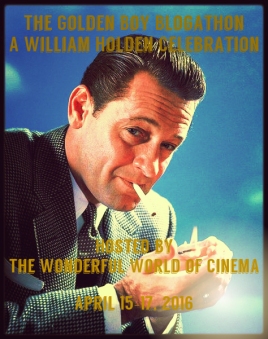As Harry (John Clements) matured, his viewpoint of war did not alter, but not wishing to displease his father, he enters the British Army. However, while saying goodbye to his fiancee Ethne (June Duprez), he reconsiders his decision and on the eve of the day his company is to leave to join Kitchener's army in Sudan, he resigns his commission. Harry feels that his future with Ethne and living a peaceful life in England is more important than fighting a hopeless battle in the desert.
"The futility of this idiotic Egyptian adventure and the madness of it all, the ghastly waste of time that we can never have again!"
His commanding officer is very displeased with him, as are his three boyhood friends who each send him a white feather, symbolizing cowardice. This does not affect him so much as does hearing his sweetheart agree with them:
"You were not born free Harry, and nor was I. We were born into a tradition, a code which we must obey even if we do not believe in it.....and we must obey because the pride and happiness of everyone around us depends upon our obedience."
Filled with angry passion, he plucks off a white feather from her fan and adds them to the group, making four feathers. He secretly vows to prove his courage to Ethne, his companions ...and himself. The way he goes about this is above and beyond the call of duty. This is where the romance ends and the adventure begins.
During the late 1930s many British Imperialism-themed adventure spectacles were released, but Alexander Korda's The Four Feathers (1939) - is by far the best.
Filmed on location in the Middle East in glorious Technicolor, we follow Harry on various escapades throughout Egypt, climaxing in a battle at Obdurman, before we return to England for the "showdown". For a film that's not even two full hours in length, it manages to squeeze in quite a bit of story and a lot of excitement, as well as a tender sub-romance involving Captain John Durrance (Ralph Richardson), one of Harry's friends, and Ethne.
The beloved character actor C. Aubrey Smith plays one of his usual bombastic gentleman roles, that of Ethne's father, a retired general who likes to recount a tale of his bravery in battle using the fruit and nuts from the dinner table.
"Now the Crimean ...... war was war in those days, and men were men!"
With spectacular filming, breathtaking color, a sweeping Miklos Rozsa score, thrilling battle scenes (that have cropped up again as clips in many other films), and excellent cast performances, this is a real gem. The story is not a new one, however.
"The Four Feathers" was originally a novel written by A.E.W. Mason in 1902 and its first screen-telling was made in 1915. It was remade in 1929 with the dashing Richard Arlen, Fay Wray, Clive Brook, and William Powell.
After the blockbuster Korda version, it was made yet again in 1955 by RKO (inferiorly) as Storm Over the Nile starring Anthony Steele, Lawrence Harvey and Ian Carmichael. Ah, but who wants to stop at four versions? In 1977, The Four Feathers was aired as a made-for-TV film starring Beau Bridges, Robert Powell, Jane Seymour and Simon Ward. More recently, in 2002, it was filmed yet again with Heath Ledger, Wes Bentley, and Kate Hudson in the starring roles.
Unless you have a passion for comparison, don't even bother with these other versions, because, to this day, Korda's 1939 The Four Feathers remains the crown-jewel of them all.





























